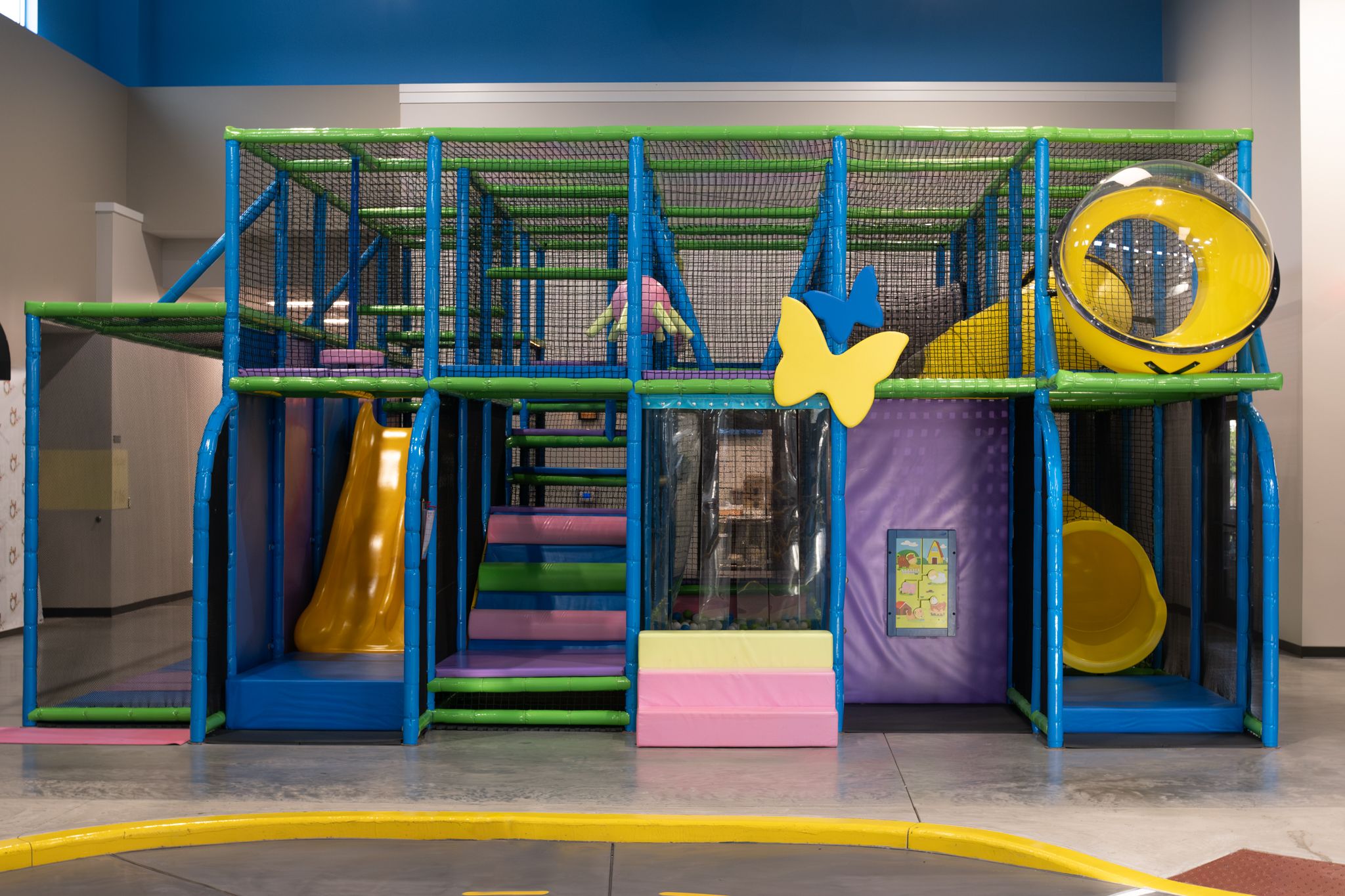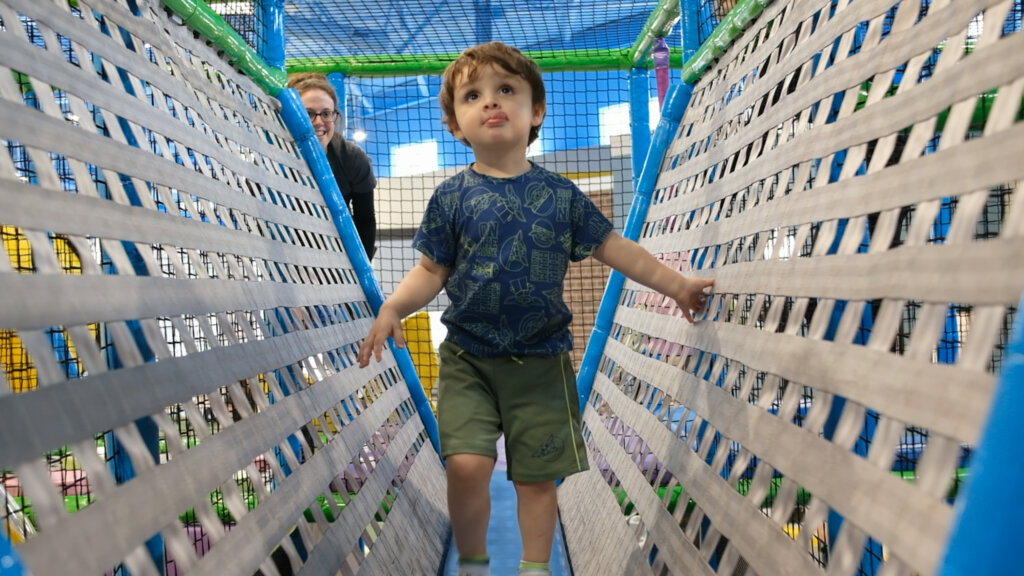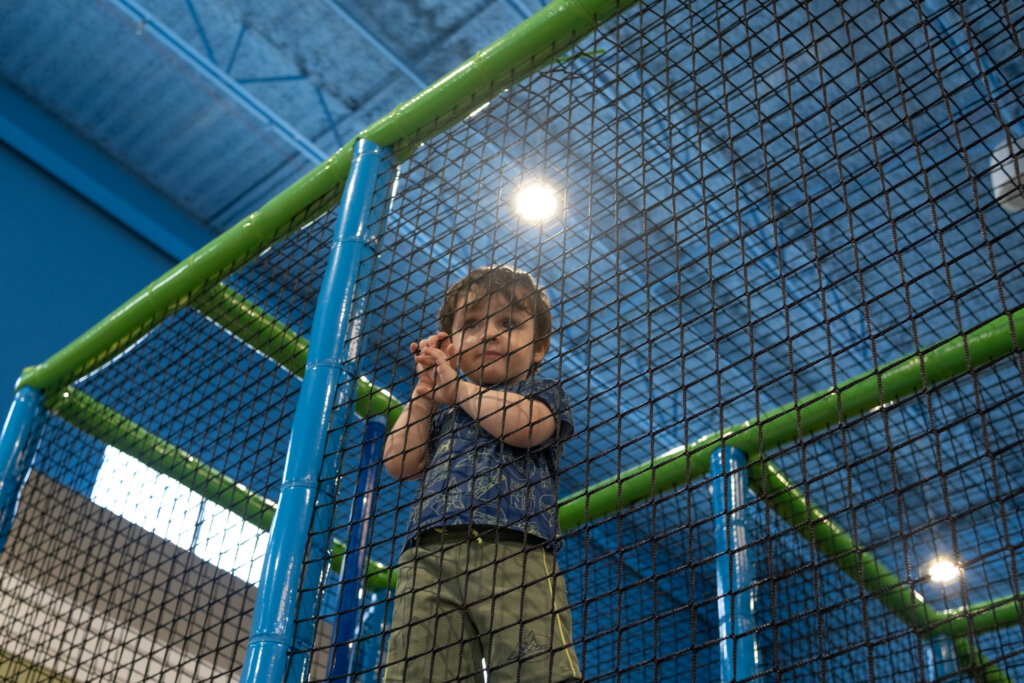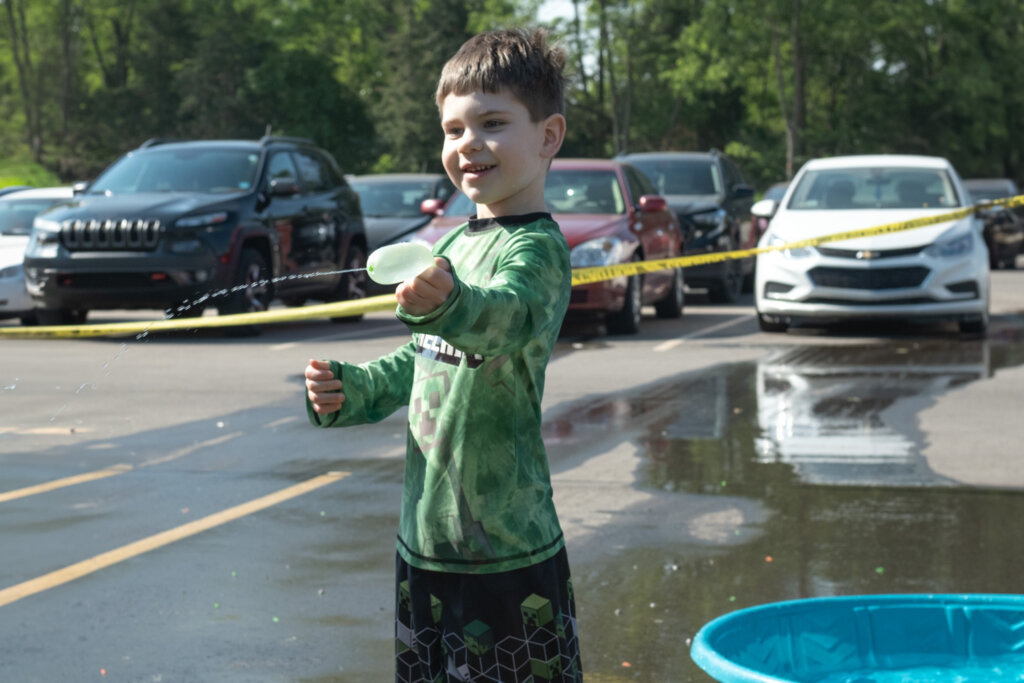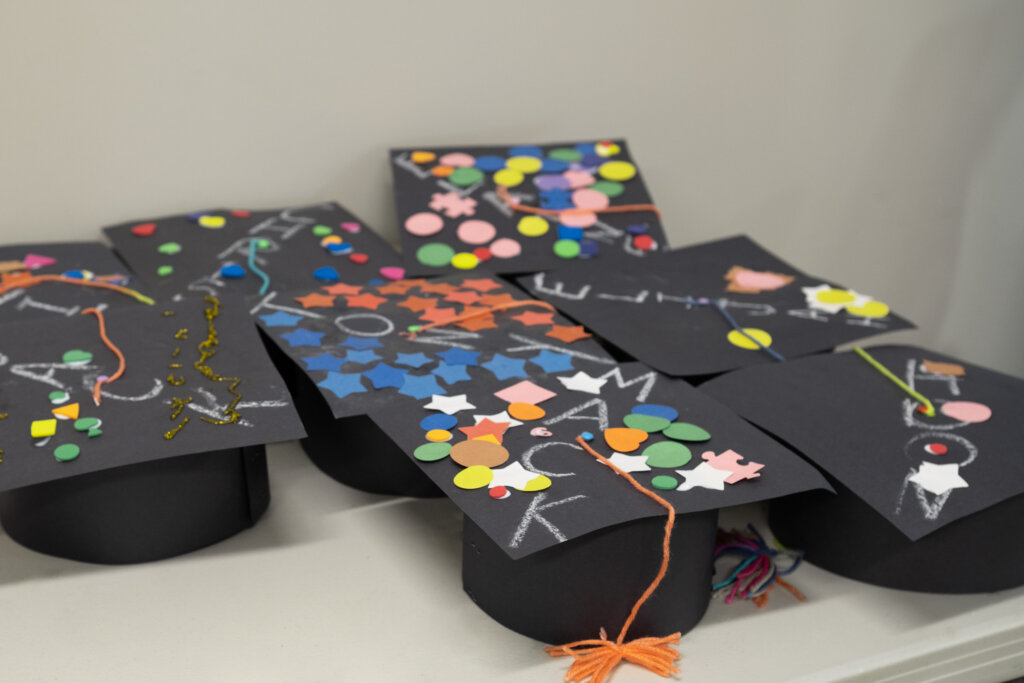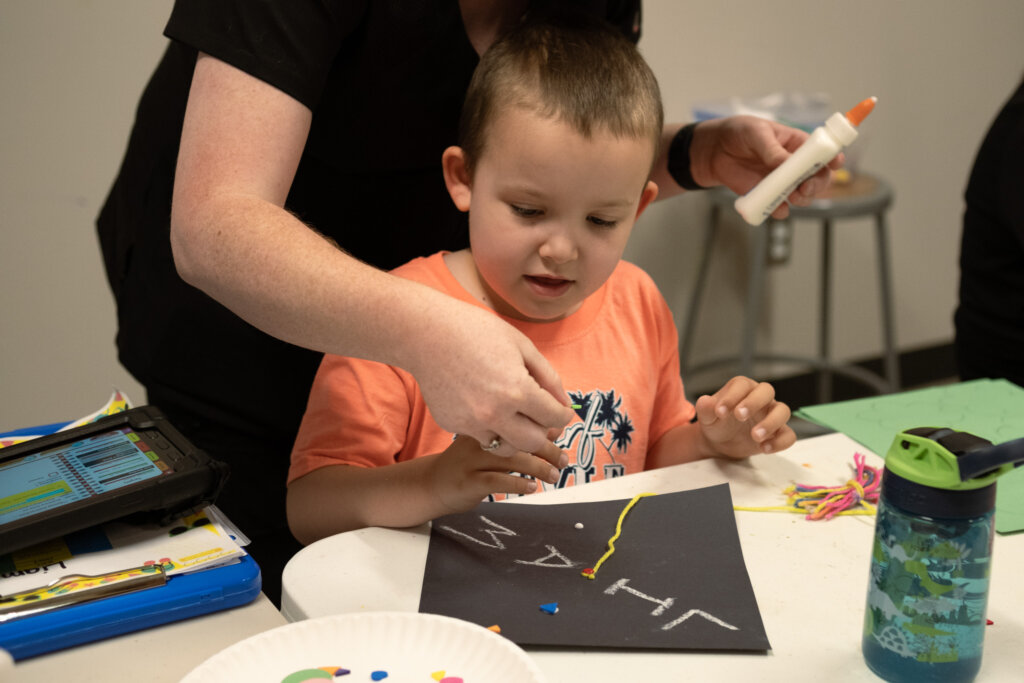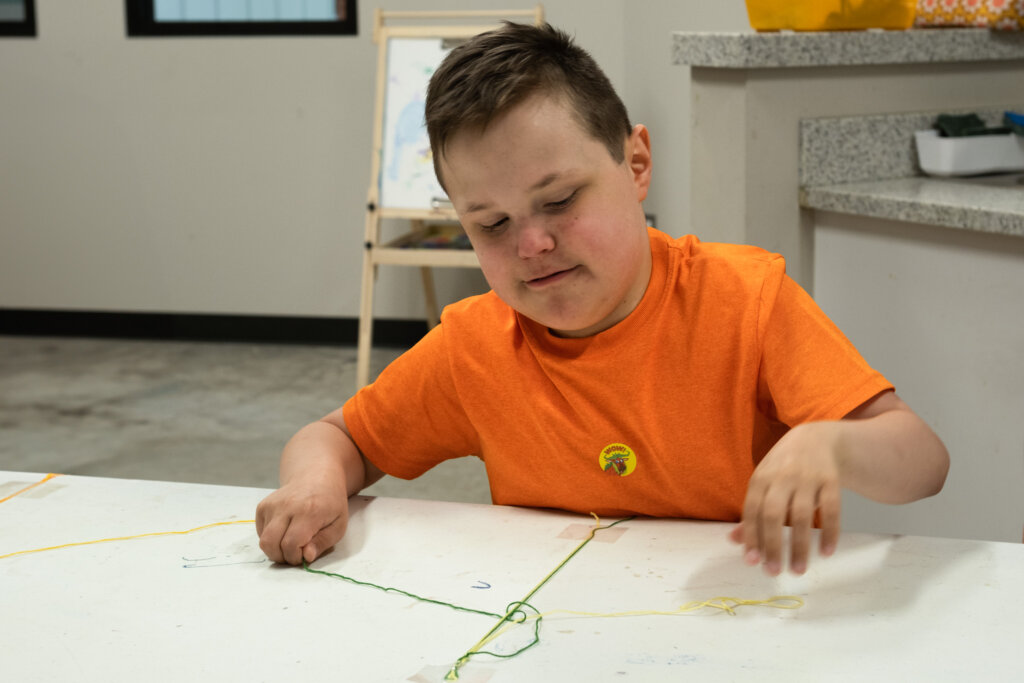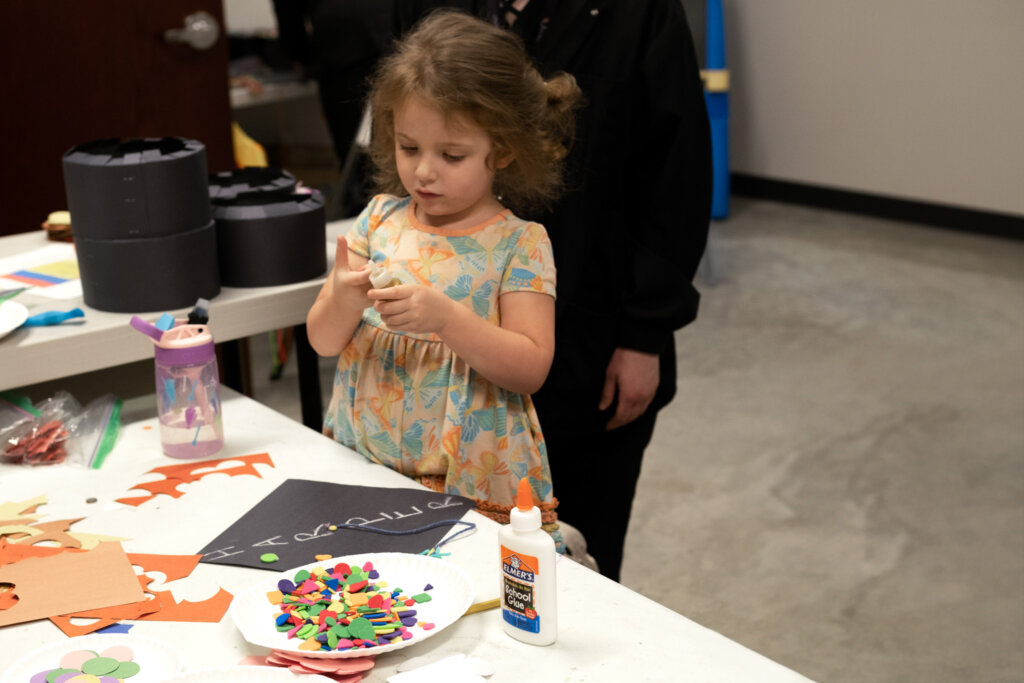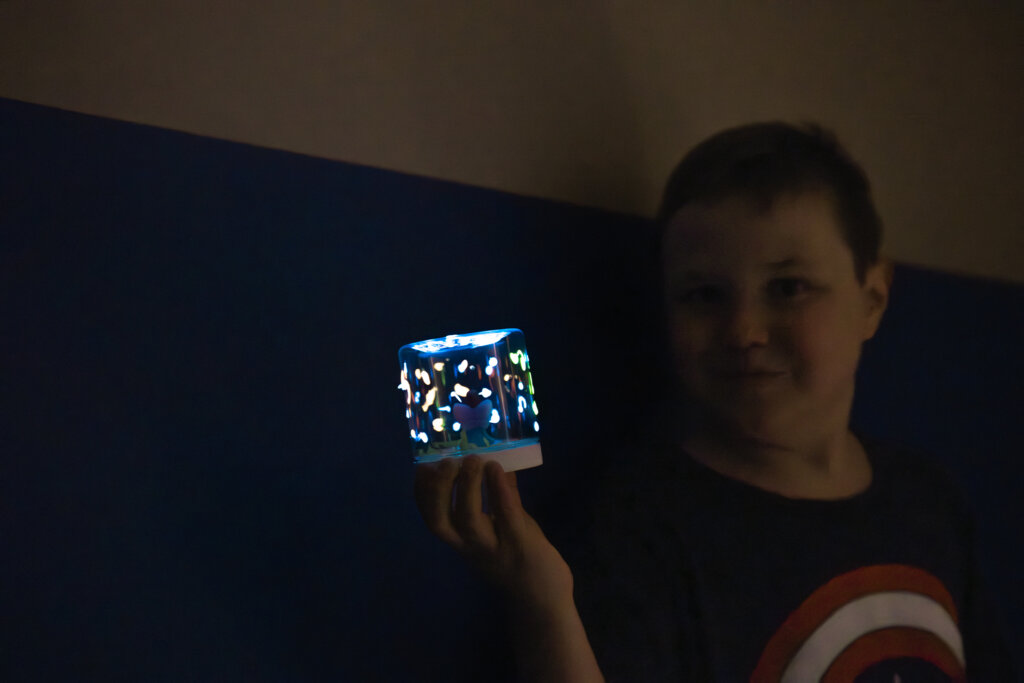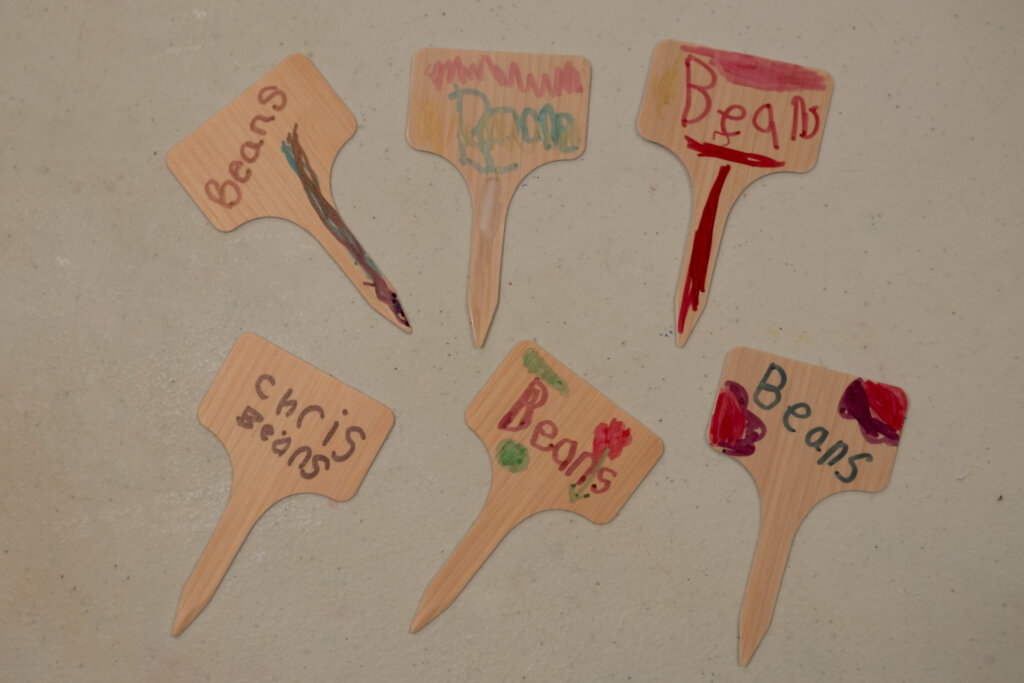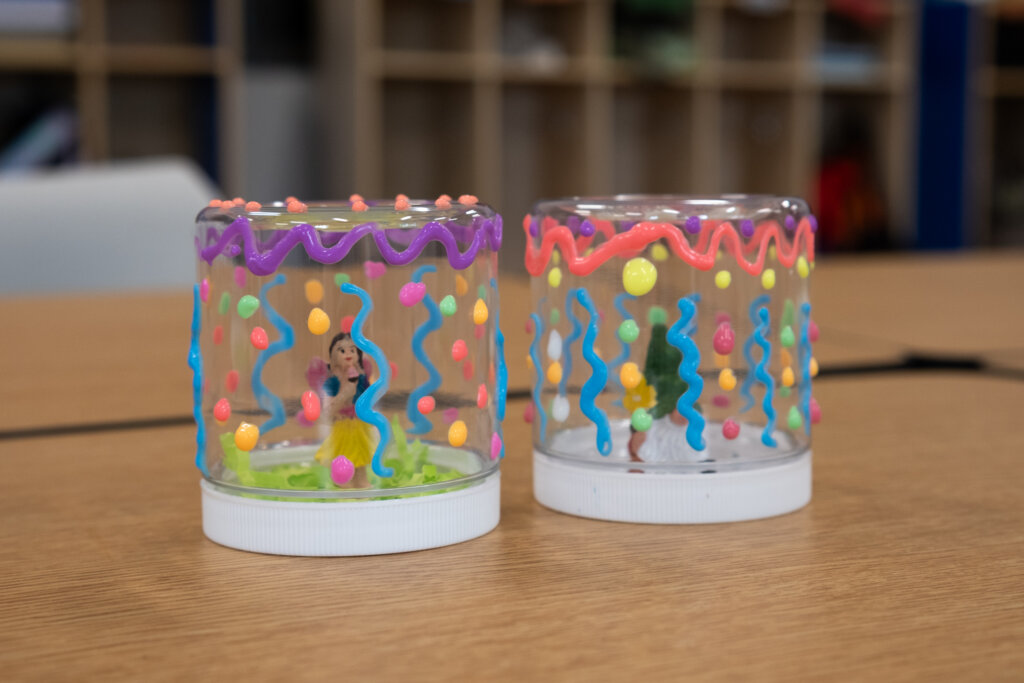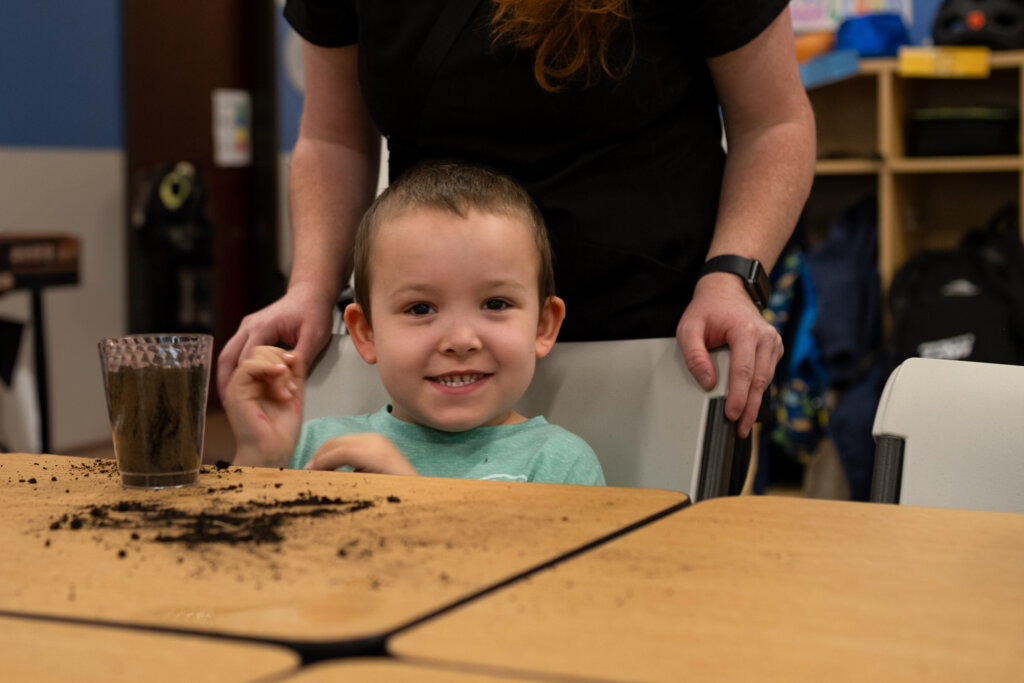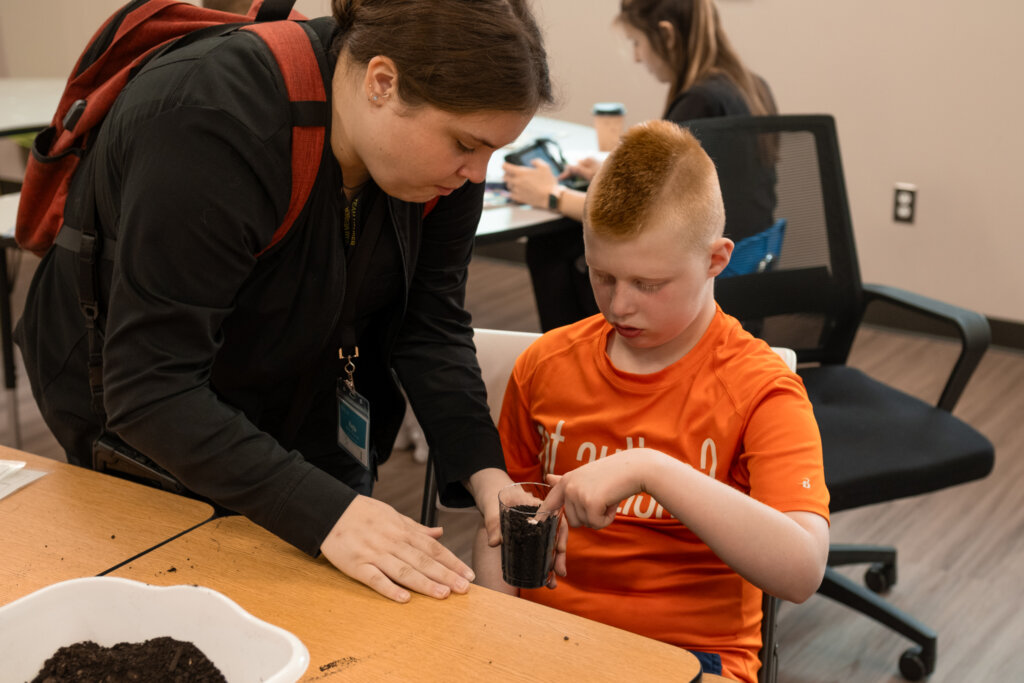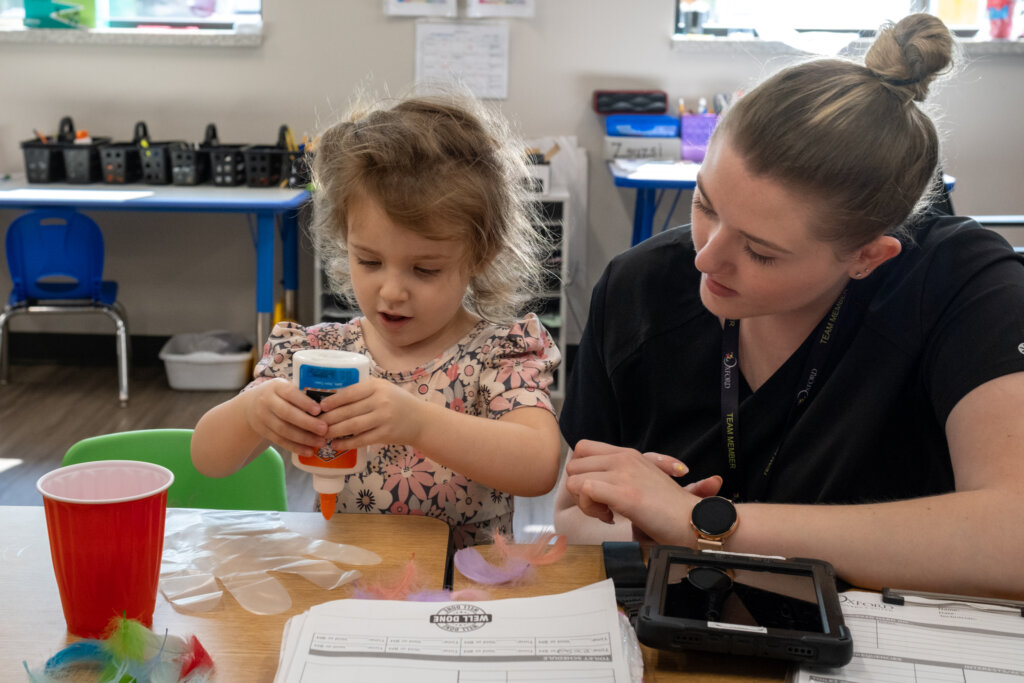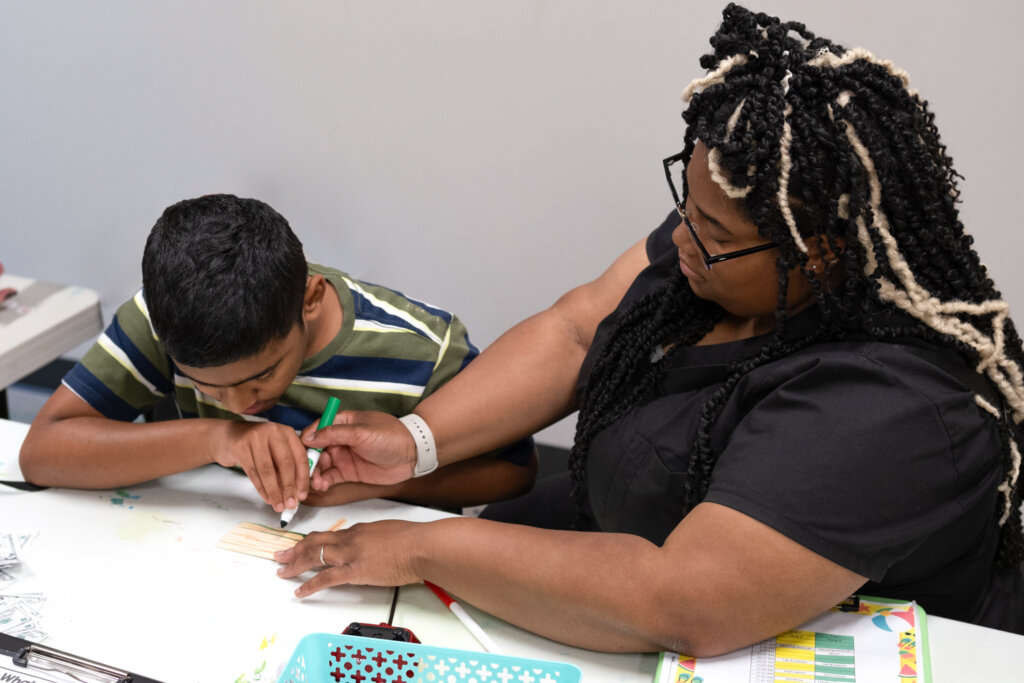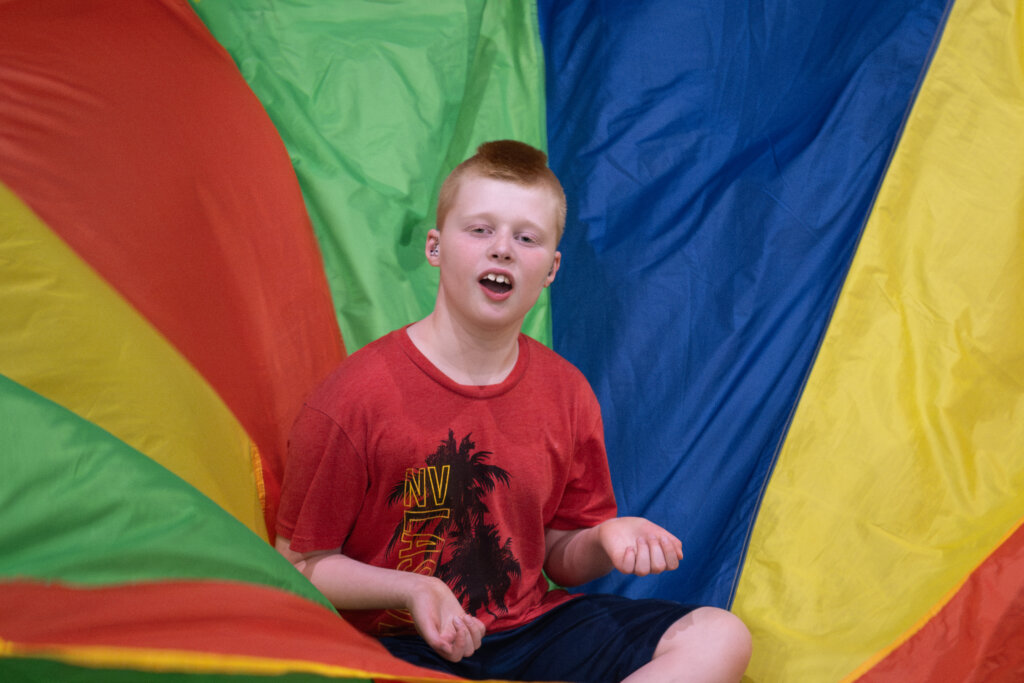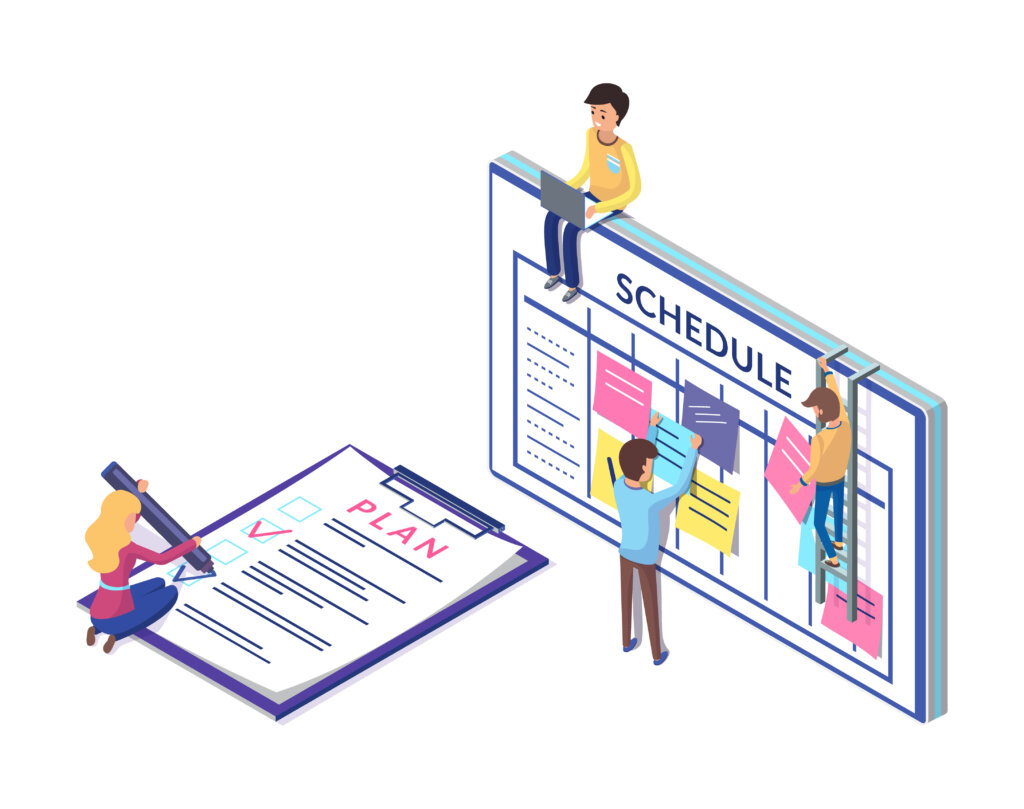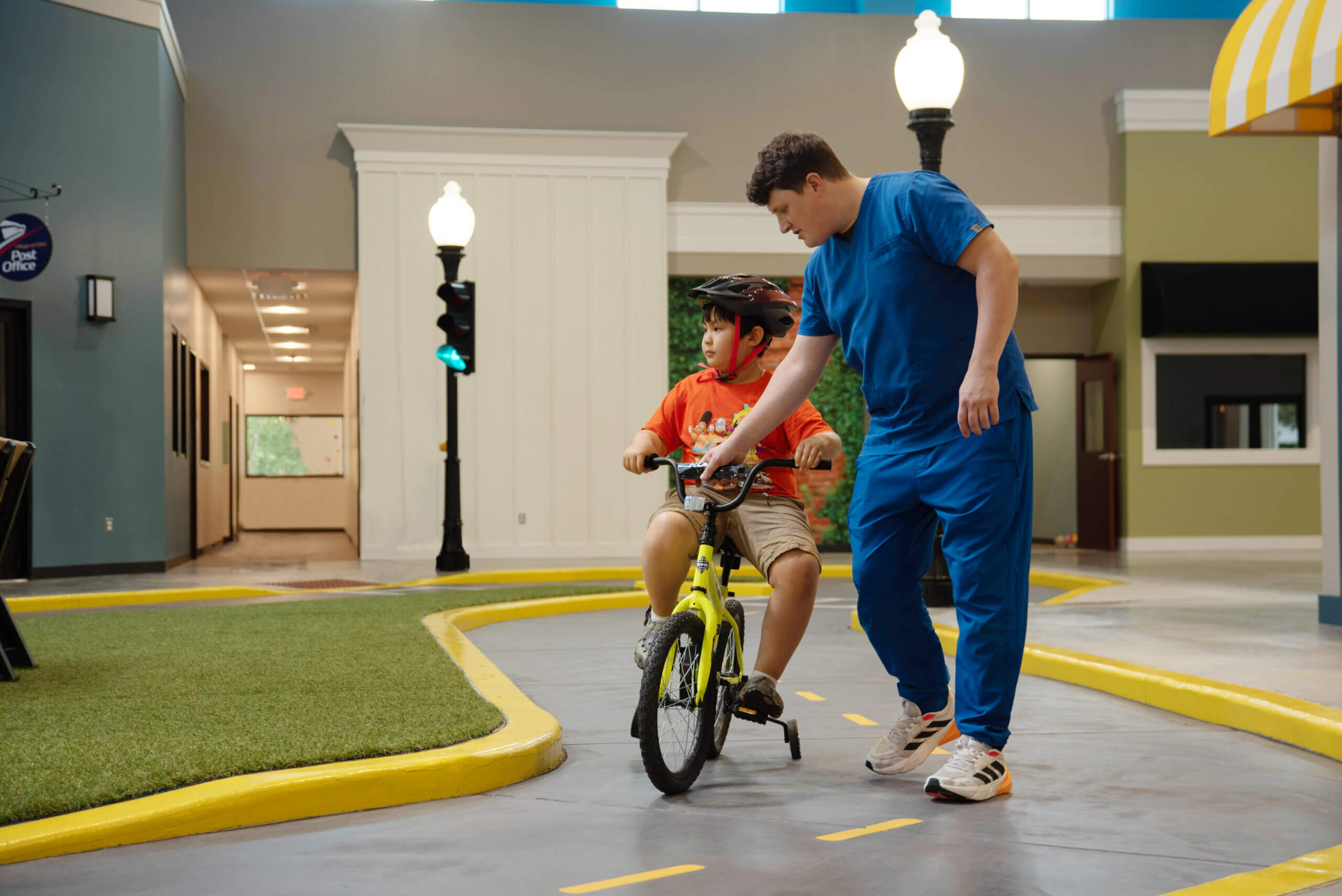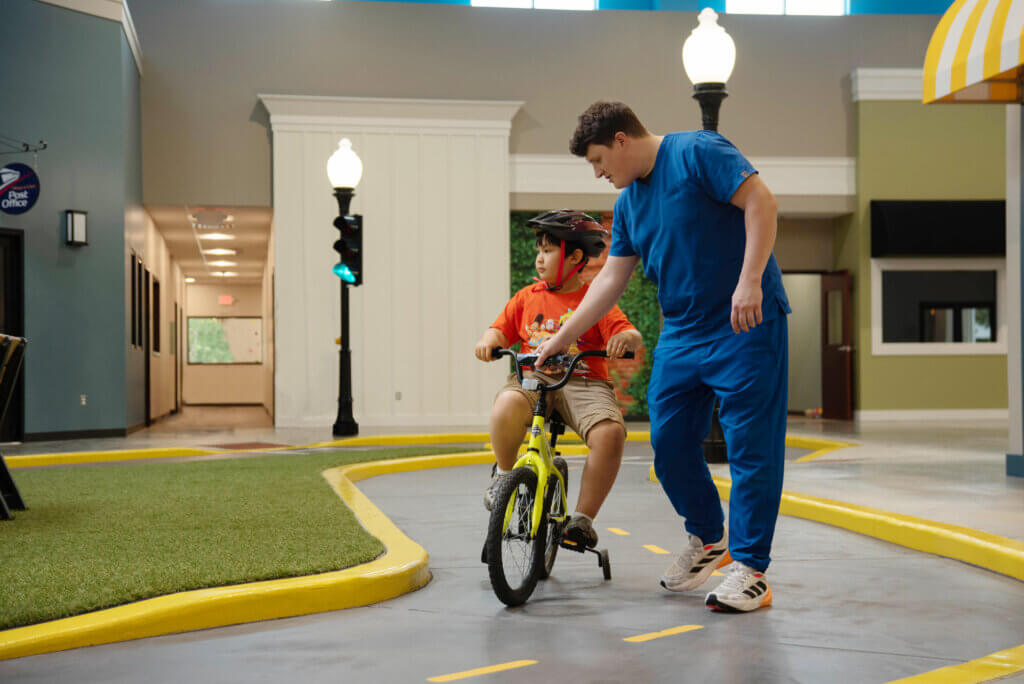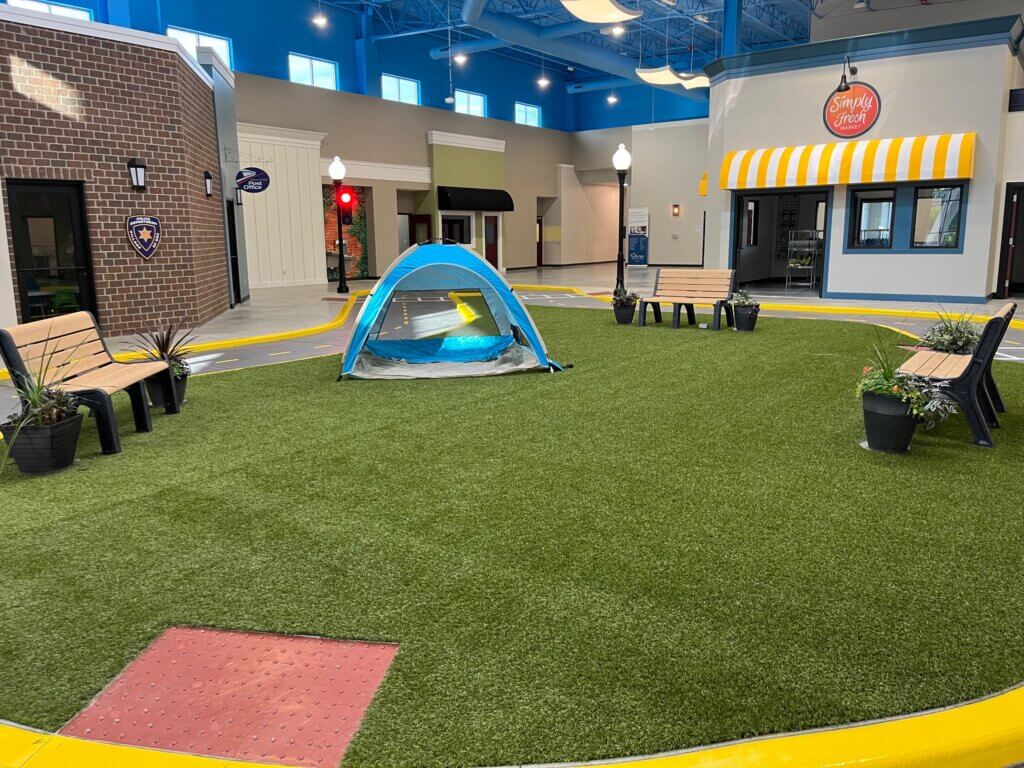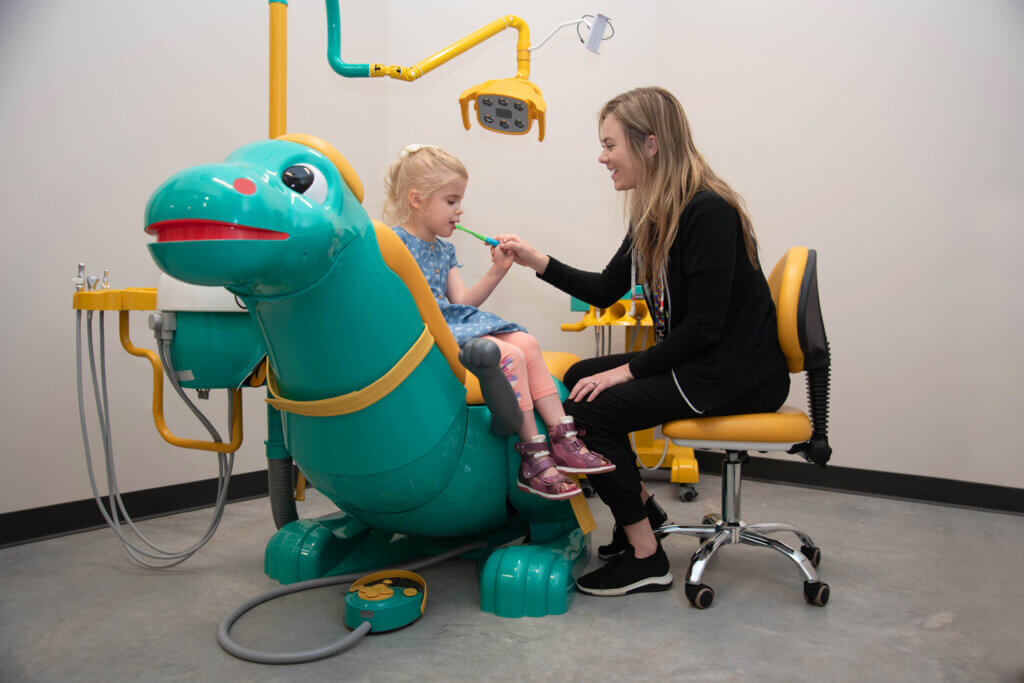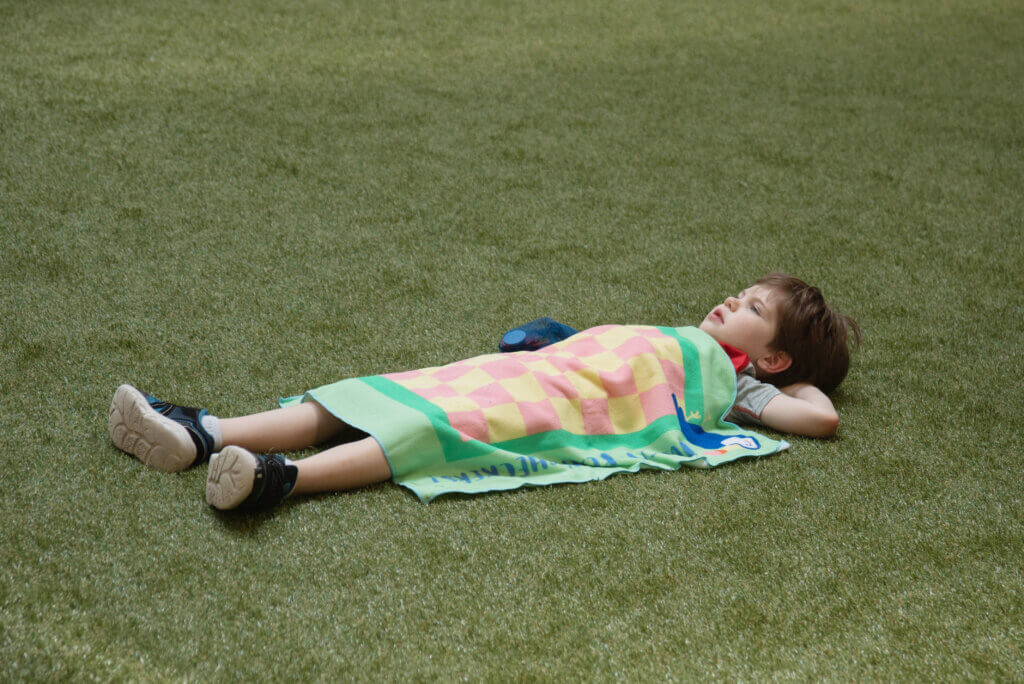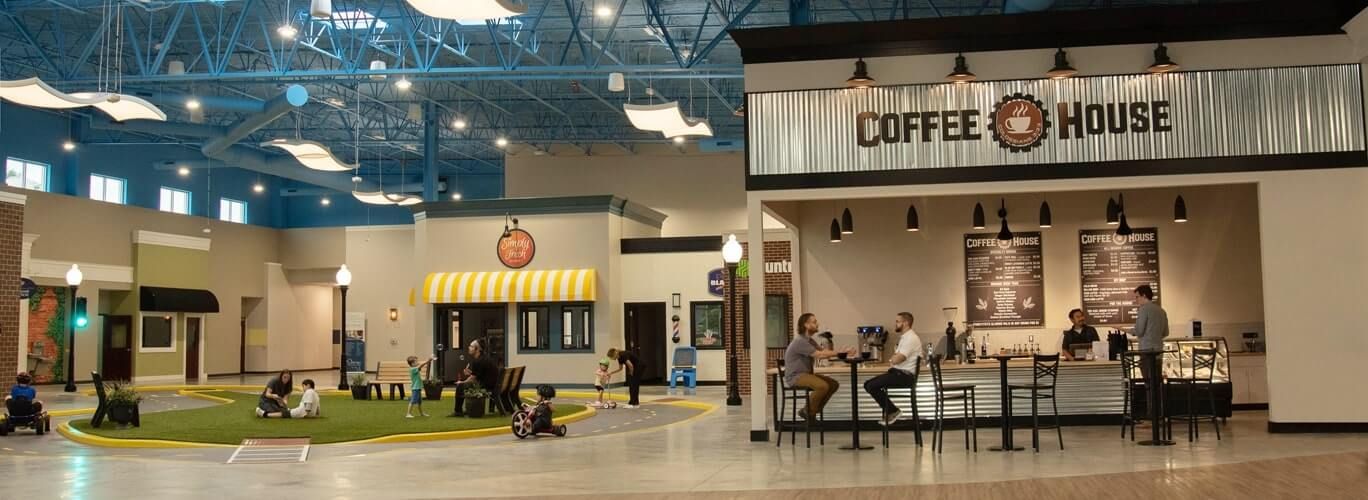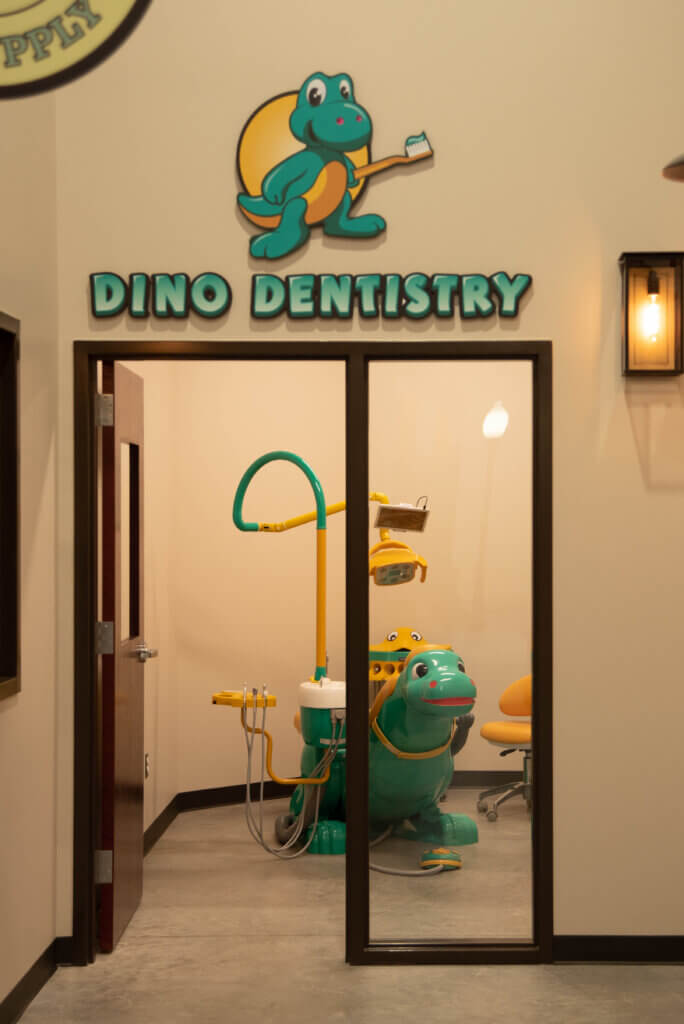How To Help Children with Special Needs Transition to the New School Year
As the end of summer approaches and the new school year draws near, children with special needs and parents alike may experience a mix of excitement and anxiety about the upcoming changes. Transitioning from a laid-back summer schedule to the structured routine of school can be challenging for many children, particularly those with special needs who thrive on predictability and consistency. As parents and caregivers, we want to do our best to ensure our children are as prepared as possible to be successful. Thankfully, there are proactive steps we can take to help ease this transition and ensure a smooth start to the new school year.
What Can you do at Home to Help your Special Needs Child Transition?

Communicate and Prepare:
Open and honest communication is key to helping children with special needs prepare for the school year. Start discussions early, explaining the changes that will occur once school starts. Use visual aids, social stories, or picture schedules to help them understand the daily routine and what to expect in the classroom.
Reestablish Routines:
During the last weeks of summer, gradually reestablish school-year routines. This includes consistent wake-up times, mealtimes, and bedtime schedules. Predictability and familiarity can help reduce anxiety and provide a sense of security for children with special needs.
Visit the School:
If possible, arrange a visit to the school before the first day. Walk through the building, visit the classroom, and meet the teacher. Familiarizing the child with the school environment can alleviate anxiety and help them feel more comfortable on the first day.
Encourage Social Interactions:
For some children with special needs, social interactions can be challenging. Organize playdates with classmates or participate in school-sponsored activities before the start of the school year. Building social connections in a relaxed setting can foster friendships and ease the transition into the school community.
Develop a Transition Plan:
Collaborate with the child’s teachers and school staff to develop a personalized transition plan. This plan may include gradual integration into the school setting, shorter school days initially, or additional support services as needed. Individualized attention and support can significantly reduce the stress of starting a new school year.
Address Specific Concerns:
Identify any specific concerns the child may have and work together to find solutions. For instance, if the child is worried about changes in the daily routine, create a visual schedule they can refer to throughout the day. Addressing these concerns proactively can help alleviate anxiety and promote a positive mindset.
Create a Back-to-School Countdown:
Use a visual or interactive countdown to the first day of school. This can be a fun and engaging way to build excitement and anticipation for the upcoming school year.
Encourage Expressing Emotions:
Let the child know that it’s normal to have mixed feelings about starting a new school year. Encourage them to express their emotions and actively listen to their concerns. Offering support and understanding can help validate their feelings and build their confidence.
Positive Reinforcement:
Offer positive reinforcement and praise for any efforts the child makes during this transition period. Celebrate small victories, such as successful playdates or positive interactions with classmates. Positive reinforcement can boost their self-esteem and motivate them to face new challenges.
Conclusion

The transition from summer ending to school starting can be a significant milestone for children with special needs and their families. By implementing these practical strategies and providing consistent support, parents and caregivers can help ease the anxiety and uncertainty that may accompany this transition. Through open communication, personalized planning, and a nurturing environment, children with special needs can embark on the new school year with confidence and enthusiasm, ready to embrace the opportunities for growth and learning that lie ahead. At The Oxford Center, our BCBA’s are knowledgeable and experienced with helping your child transition from summertime to school time and are ready to help your child achieve all of their goals. To learn more about our ABA program, click the link below.

